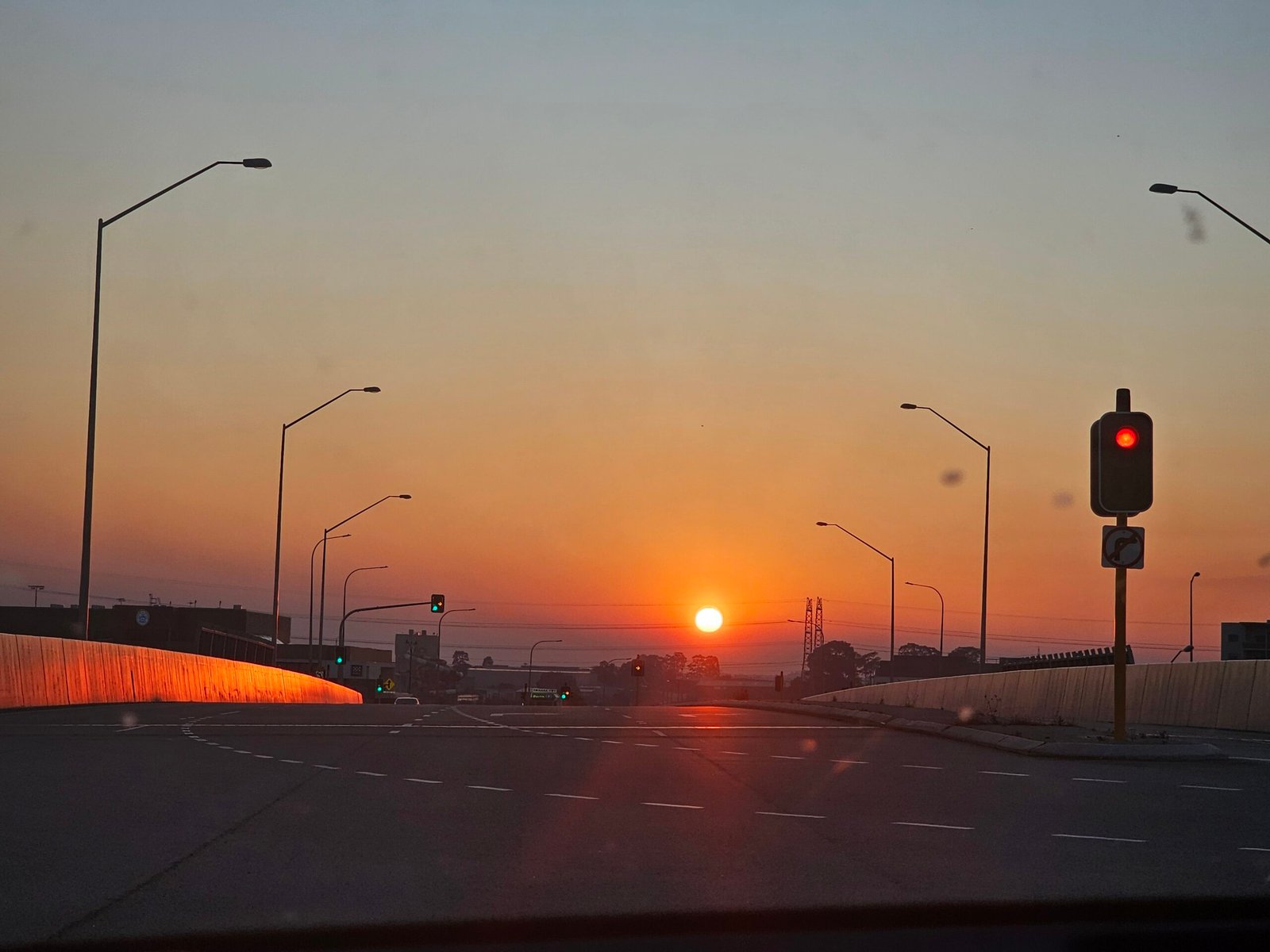Editorial
Deblina Sen
Why did an incident that happened at 1, Khudiram Bose Sarani, Bidhan Sarani, Shyam Bazar, Kolkata, West Bengal 700004, India (commonly known as R. G. Kar Medical College and Hospital)
lead to…
A candlelight vigil in King’s Park, Fraser Ave, Perth WA 6005, Western Australia…
A peaceful rally in Simpson Plaza, 6101 Frisco Square Boulevard, Frisco, Texas, USA…
A silent protest at Newcastle Civic Centre, Barras Bridge, Newcastle Upon Tyne, England…
A march with posters and guitars at Amsterdam Dam Square, 1012 NP Amsterdam, Netherlands…
A series of gatherings and protests at GN 29, Sector V, Salt Lake, Kolkata 700091, West Bengal, India (Shastha Bhavan)…
A month-long (and longer) period of unrest where thousands of people across Kolkata are stepping out of their daily routines, embracing the disruptions, delays, inconveniences and losses that come with mass protests…
And hundreds of other displays of solidarity across the globe… demanding justice ….?

Because it makes our blood boil and our hearts weep.
Because it’s a violation… of a woman, of human rights, of law and justice, of democracy and freedom, of everything a civilised society should represent…
Because it happened at an institution that is meant to provide care for the sick and injured. An institution that, at the least, should provide safety and security.
Because a crime was committed, not on its own, but to hide several crimes that happened before it…and to cause several more to be committed after it.
Because it exposed rottenness like never before. At every level.
Because it is getting muddier every day. And the promised light at the end of the tunnel is getting farther away.
Because justice is demanded. But even hope is being denied.
Because it’s personal. For each one of us.
In that context, what happened at R.G. Kar Medical College and Hospital is not only a rape and murder. It is, in my opinion, nothing less than an act of terrorism1.
Many theories, opinions, questions and facts have surfaced regarding the “why”. Why was the crime committed? Why is the crime being covered up? Legal, political, moral, psychological, societal angles have been discussed and debated, extensively worldwide. I am neither an expert nor am I able to keep up with the new information that media is feeding us every day. But what I have gained over the last few weeks is a different perspective and a bit more awareness.
Only recently, in talking to a friend, I associated rape with a behavioural or mental disorder. What else could cause someone to act so brutal? But turns out, although some rapists may have a psychological disorder, it is not the case for all. While motives behind sexual assault vary and are difficult to quantify, according to several studies, rape is less about sexual gratification but more about dominating people. Most experts in the subject believe that “rape nearly exclusively has to do with issues of power and violence.”
In 2016, the United Nation’s Secretary General presented a report on “Conflict-related Sexual Violence”, where the council recognised sexual violence as both a “tactic of war and a tactic of terrorism…”
The report mentions:
“Women and girls face a heightened risk of sexual assault when performing livelihood activities such as collecting firewood, grass or water, going to markets or tending fields, as in the Central African Republic, the Democratic Republic of the Congo, northern Nigeria, South Sudan and the Sudan (Darfur), or when herding cattle, as in remote areas of Myanmar. In the Central African Republic, rape has been used to punish women of a certain religion for trading with members of another community….
The ever-present threat of sexual assault compels women to lead highly circumscribed lives in militarized zones, as seen in eastern Afghanistan or northern Sri Lanka. Moreover, high-profile women across a range of professions have been subjected to sexual harassment and humiliation aimed at silencing them.”
It may seem like a girl tending fields in Nigeria or a woman collecting firewood in the remote areas of Myanmar have very little in common with an accomplished, female doctor in a metropolitan city like Kolkata. But surprisingly, the context and motivation of the crimes they were subjected to are the same! In all these cases, “sexual violence served as a tool of social and moral control to relegate women to the private sphere and to punish perceived ‘countercultural’ behaviour.”
Unfortunately, in some cultures (including ours), patriarchy and dominance are expressed through a kind of “dehumanization” in which women are seen as inferior to men and sexual assault as a way of keeping them in their place.
So what we are dealing with (sexual violence) is not necessarily triggered by a clinical condition but a societal/cultural pre-conditioning. Which means, there is hope. It can be reversed. Slowly but steadily…even if it takes generations, we can teach our young men that stereotypical ideas of masculinity are as harmful for them as it is for women and society in general. There is no glory in exhibiting violence, dominance, emotional illiteracy, sexual entitlement, and hostility to femininity. That women are not objects to be controlled and dominated. That masculinity is not about having to hide your emotions. In fact, it is healthy to be in touch with your emotions to the extent that you know how to deal with them. If we want boys and young men to live happy and fulfilled lives and be caring and respectful in relationships with women, they need role models who show them that “being a good man is really just about being a good person 2”. It truly is a shared responsibility…and it starts at home.
Until the mindset changes, here’s hoping that the worldwide wave of “Justice for R. G. Kar” washes up the perpetrators to the shore….and justice is indeed served to prove that nobody is above the law and no woman, child or man is beneath it.
——————————————————————————————————————–
Sharod Shubhechha from the entire team of Oikyotaan 2024 (volunteers, contributors, sponsors and committee members). I hope you enjoy the contributions of the writers and artists, which will take you on a journey in Max’s Flying Car, from South Africa to Jaldapara via Ballarat! Tighten your seatbelts, as there are Shark Attacks and Nazi Attacks along the way. You may spot a Girl in the Lotus Dress, wave at three Indo-Aussie youngsters who take pride in their culture or hear about a heroic boy’s Sacrifice. But most importantly, you will find out why Ma Durga Likes Rainbow Ice Cream.
——————————————————————————————————————–
1 Terrorism is the use of force or violence against persons or property in violation of the criminal laws …for purposes of intimidation, coercion, or ransom.
2 Sourced from Vic Health, a health promotion foundation in Australia.
P.S. On this article, I have shared a few recommendations from a health promotion foundation, which has done extensive research on masculine stereotypes in Australia. Our hearts are heavy this festive season, but I hope we can be inspired by these recommendations to start having these important and productive discussions with our loved ones.


Comments are closed